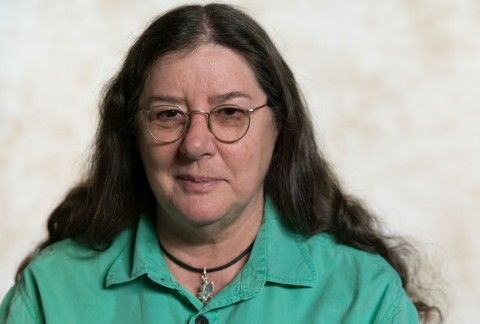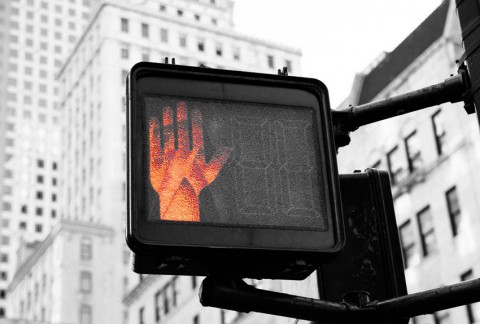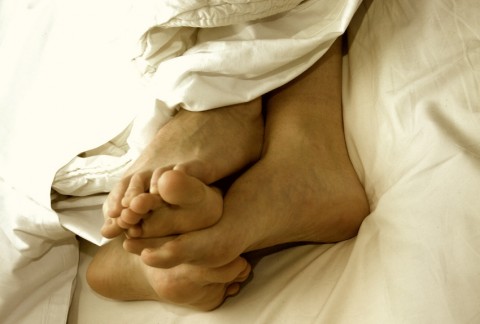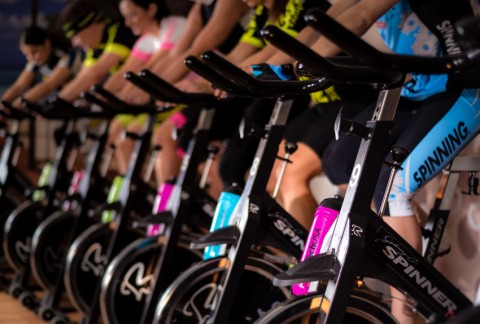SANE Peer Ambassadors Sandy and Hannah share what it was like star in the schizophrenia episode of ABC TV's You Can't Ask That.
The SANE Blog
Wouldn't it be nice to turn back the clock, travel back in time and give some frank advice to your younger self?
We asked 11 SANE Peer Ambassadors what they'd tell their younger self to help them through their mental health journey. They said...
I always thought that after a few nights lying awake, sleep would eventually come. It would be the only option left. I thought staying awake repeatedly would mean the body and mind would crave sleep.
But it doesn't work like that. Something chronic insomniacs know all too well.
For people living with mental illness, feeling a lack of motivation can be a common experience.
This can present in many ways. It may be lack of motivation to go to work, to socialise with your friends and family, difficulty getting out of bed, or problems tending to basic personal needs such as having a shower or brushing your teeth.
Bipolar disorder involves periods of manic highs and depressive lows. No two people are the same and experiences – the length and intensity of the highs and the presence of depression – differ from person to person.
Bipolar affects more people than you think. As many as one in 50 people will experience it at some stage in their life. Yet, despite this prevalence it's common for people to make inaccurate assumptions about the disorder.
The reach and impact of mental illness is far greater than we often realise.
I know this from spending time in the SANE forums where anonymity gives rise to a rare honesty.
It can be a shock, or it can be a relief. It can be accurate, or it can be incorrect. It can be sought, or it can be forced upon you. It can open the door to better mental health, or it can represent the start of a long hard struggle.
Just like the symptoms of mental illness, everybody's response to a diagnosis is unique.
I am the woman you want on your trivia team. I have an obsessive memory for facts. I thrive at work because I can draw on obscure documents I read four years ago.
I remember the birthdays and phone numbers of people I went to primary school with. I learn things quickly. I rarely get lost because I can look at a map and it imprints on my mind.
But about ten years ago I noticed something.
What's the biggest day-to-day challenge people living with mental illness experience?
We asked 10 SANE Peer Ambassadors for the biggest challenge, fear or obstacle they face.
And they said their biggest challenge is . . .
Physical health is important for people living with a mental illness. Not only does it help reduce the risk of physical illness, it's also a good way to engage with others, get out in to the community and get the endorphins pumping.
SANE Peer Ambassador Ceris is a passionate advocate for using exercise as a way to help manage mental health symptoms, so we asked her 'can exercise be a form of medicine?'.









